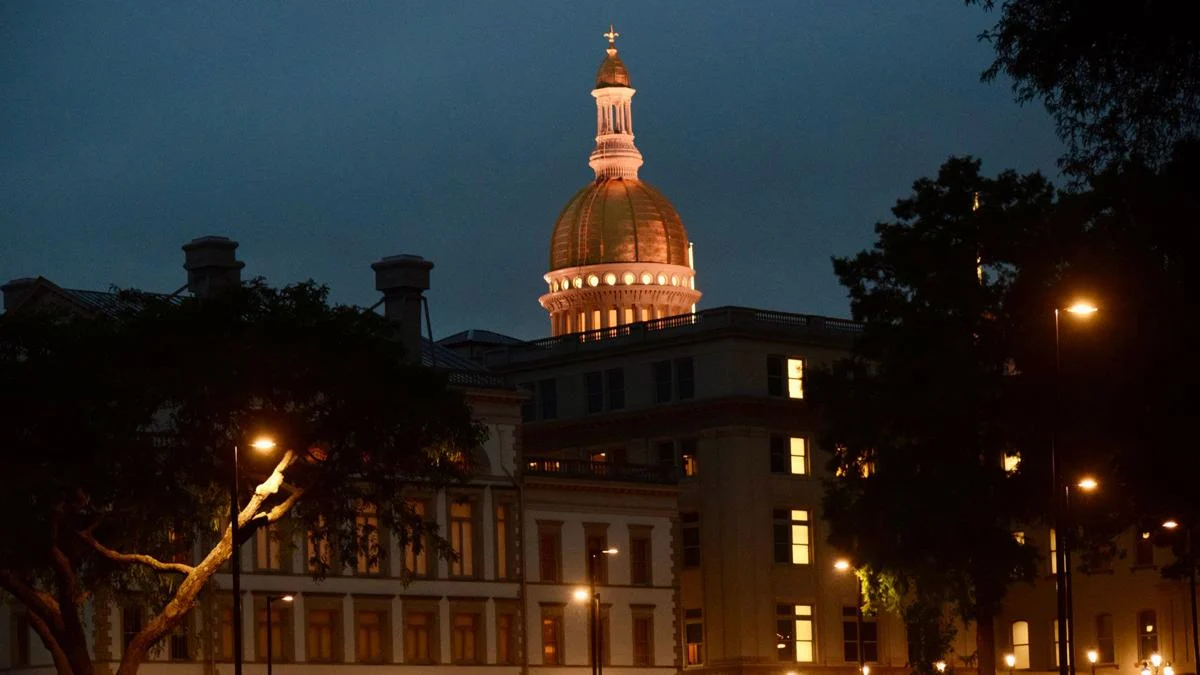New Jersey’s fiscal year 2026 budget—already the largest in state history at nearly $59 billion—just got a closer look, and the details reveal hundreds of millions in late additions that lawmakers quietly worked into the plan before its passage in late June. Known in Trenton circles as “Christmas tree” items, these last-minute allocations allow legislators to fund pet projects and community priorities alongside the governor’s original proposals.
While this practice is nothing new in New Jersey politics, the scale and timing of the 2026 additions have reignited debates over transparency and fiscal responsibility—especially with more than $600 million in new taxes and fees taking effect this year.
What Was Added in the Final Days
The official list of budget add-ons went public on Friday, August 8, weeks after the spending plan was approved. The allocations are far from minor; they range from small community projects to multi-million-dollar infrastructure investments:
- $1.5 million – Water main improvements in East Brunswick
- $10.75 million – Regional jail construction in Camden County
- $20,000 – Upgrades to a fire museum in Logan Township
- $20 million – Mobile health training center for Atlantic Health System
- $9 million – Infrastructure improvements for youth sports in Middlesex County
- $9 million – Education facility upgrades in Middlesex County
Beyond these headline items, the late-stage funding also covers initiatives in higher education, pediatric mental health, healthcare expansion, food insecurity relief, re-entry services for formerly incarcerated individuals, arts programming, and public park enhancements.
The $45 Million Opioid Settlement Shift
One of the more contentious changes buried in the budget language redirects $45 million from New Jersey’s opioid settlement funds to four hospitals. As of August 11, the resolution still lacked publicly disclosed details or sponsoring legislator names for this allocation—a point of concern for transparency advocates and some lawmakers.
At least one legislator has openly suggested the possibility of recovering the funds if the allocation process is found to have bypassed proper oversight.
Criticism and Calls for Openness
Republicans in Trenton have long criticized the “Christmas tree” process, arguing that dropping large-scale spending into the budget at the eleventh hour—and releasing details weeks later—shuts the public out of meaningful discussion.
Opponents say the delay in disclosing sponsor information for some allocations, particularly the opioid settlement reallocation, undermines the public’s ability to hold decision-makers accountable. Supporters, however, defend the tradition as a way to ensure that community projects, often overlooked in the governor’s initial plan, receive the resources they need.
The Fiscal Picture: Surplus and Deficit
While the additions contribute to a projected $1.5 billion structural deficit for FY2026, the state still holds a healthy $6.7 billion surplus. That cushion, paired with S&P Global Ratings’ recent upgrade of New Jersey’s long-term credit rating to A+, gives lawmakers breathing room—at least for now.
Still, fiscal analysts warn that ongoing reliance on one-time revenue sources and rapid spending growth could create challenges in the years ahead if economic conditions shift.
What It Means for New Jersey Residents
For residents, these budget additions are a mixed bag: they bring millions in funding for community projects and services, but also raise questions about fiscal discipline and government transparency. From new sports facilities to improved healthcare access, many communities will see tangible benefits. Yet the process that delivers these wins remains as politically charged as ever.
The debate over “Christmas tree” spending is likely to resurface in next year’s budget season—but for now, the focus is on how this year’s additions will impact neighborhoods across the Garden State.
For more coverage of state government decisions and their impact on your community, visit Explore New Jersey Politics.












